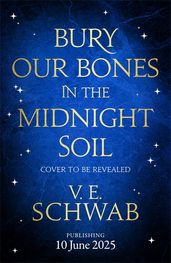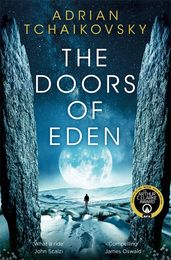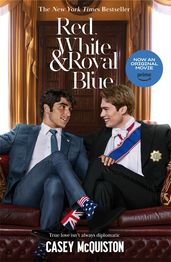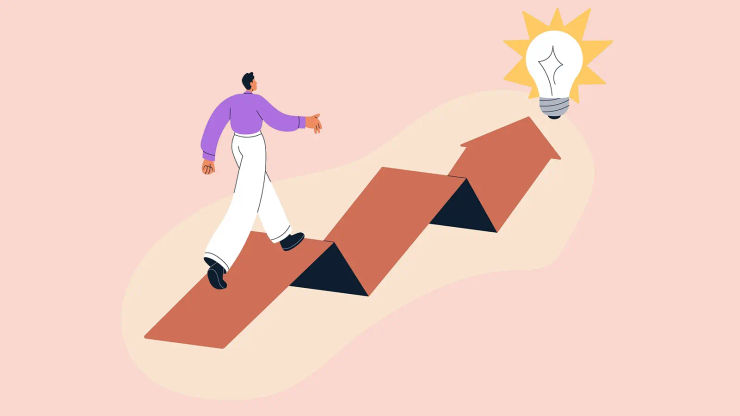The best gateway books to help get you into a new genre in 2026
Broaden your bookish horizons in the new year with these eight recommendations that are both brilliant reads and great introductions to their respective genres.
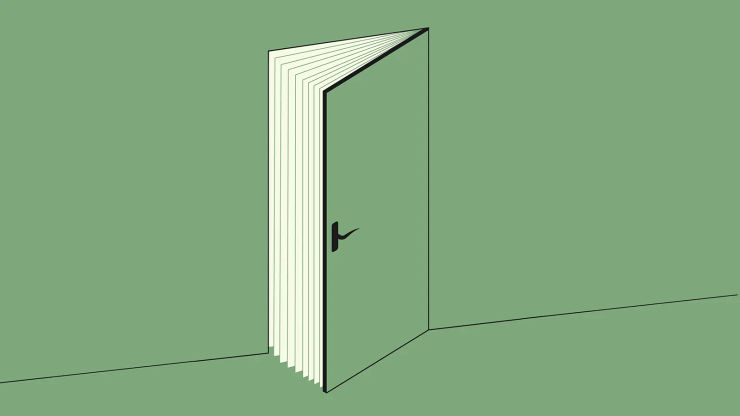
Let's start with a disclaimer: there is nothing wrong with being a genre aficionado. If you only read romantasy or prefer to stick with non-fiction, you'll find no quarrel here. However, if one of your reading ambitions for the new year is to try something new, we're here to help. The following suggestions encapsulate all that's brilliant about their particular genres without throwing new readers headfirst into the literary deep end.
If you're curious about horror, try:
Witchcraft for Wayward Girls
by Grady Hendrix
Grady Hendrix's books are a great demonstration of horror's ability to be gory, scary and shocking, and also darkly funny, moving and deeply relevant. His latest is set in St. Augustine, Florida, in 1970. Fifteen-year-old Fern has just arrived at Wellwood House, a 'home' for unwed mothers. Every second of her and the other teenagers' days is rigidly controlled by adults who claim to know what's best. Then Fern is given a book about witchcraft, and the balance of power suddenly shifts. But such gifts always come with a price. And it's usually paid in blood.
You could also try. . .
If you're wondering about fantasy, try:
Bury Our Bones in the Midnight Soil
by V. E. Schwab
One of the biggest new fantasy books of 2025, the latest novel from V. E. Schwab is a dark, morally ambiguous tale of vampires that, thanks to its real-world setting and multi-timeline narrative, is also a great piece of historical fiction. Weaving together the stories of three young women, whose lives become entangled across the centuries, it will take you from Santo Domingo de la Calzada in 1532, to London in 1837, and Boston in 2019, its character-driven narrative exploring female rage, hunger, freedom and fate.
You could also try. . .
If you want to be transported by science fiction, try:
The Doors of Eden
by Adrian Tchaikovsky
If you want to try sci-fi, start with the best: Adrian Tchaikovsky is a highly regarded and hugely prolific science fiction author, and this is a great place to start with his work. It's full of complex but easy to grasp scientific concepts, effortlessly empathetic leads, plus it's a standalone: sci-fi is fond of a series, which can feel like a big investment when you've not tried the genre before. In The Doors of Eden we meet Lee and Mal. They went looking for monsters on Bodmin Moor four years ago, and only Lee came back. But now Mal has miraculously returned. What actually happened that day on the moors? And where has Mal been all this time?
You could also try. . .
If you fancy some romance, try:
Red, White and Royal Blue
by Casey McQuiston
Reader, this is the book that got me into romance novels. It's a genuinely joyful read: very funny, with sharp, witty dialogue and appealing characters that you really root for. Alex Claremont-Diaz is the handsome and charismatic son of the first woman President of the US. But there's a problem. When the tabloids get hold of a photo of an altercation between Alex and Prince Henry, the Prince of Wales, U.S./British relations take a turn for the worse. Heads of family and state devise a plan for damage control: stage a truce. But what begins as a fake, Instagrammable friendship grows deeper, and soon they are hurtling into a secret romance that could derail a Presidential campaign and upend two nations.
You could also try. . .
If you're considering a life of crime, try:
The Cut Throat Trial
by The Secret Barrister
The Cut Throat Trial has all the drama and twists you'd expect from a great crime novel with the added authenticity that comes with incomparable insider’s knowledge: the author is the million-copy bestselling Secret Barrister, writing as S. J. Fleet. This page-turner follows a trial billed as the ‘biggest of the year’, as three seventeen-year-old boys are accused of the brutal murder of an elderly teacher on New Year's Eve. Each boy denies it. Each points the finger at the other two. And they can’t all be innocent.
You could also try. . .
If you're holding your breath for a great thriller, try:
Deadline
by Steph McGovern
This is a witty, high concept thriller which comes recommended by Ann Cleeves, author of the bestselling Vera Stanhope and Shetland crime series, and begins with a scenario which feels both high octane and unsettlingly possible. A TV presenter's earpiece gets intercepted by a third party in the middle of a live interview. An unfamiliar voice tells her that they have kidnapped her family. And now her dream opportunity has become a nightmarish hostage situation. This must-read thriller masterfully builds suspense to keep you on the edge of your seat.
You could also try. . .
Stay on the edge of your seat
Unmissable new thriller books of 2026, vouched for by the experts
Read moreIf you'd like to try some non-fiction, we recommend:
Eighteen
by Alice Loxton
Alice Loxton uses the milestone of reaching eighteen as an engaging, human and accessible way into British history, visiting eighteen inspiring figures as they were at this formative age. What happens if the First World War breaks out while you’re at university? How does a young woman born without arms or legs make a living in Georgian London? What turns a rugby-obsessed teenager from a Welsh mining town into Richard Burton? Join an eclectic cast of young Britons across the nation and throughout its history.
You could also try. . .
If you want to get into the classics, try:
Emma
by Jane Austen
Harriet Saunders, Publisher at Macmillan Collector's Library, recommends Emma as a great way into Jane Austen, and classics more generally. 'Yes, you could start with Pride & Prejudice but to my mind, Emma is an easier read and funnier,' she says. 'It's a wonderful comedy of manners; Emma Woodhouse overestimates her matchmaking skills which, of course, go horribly wrong. And she learns – often painfully – that rather than trying to sort out other people’s lives, she has to fix her own.'




